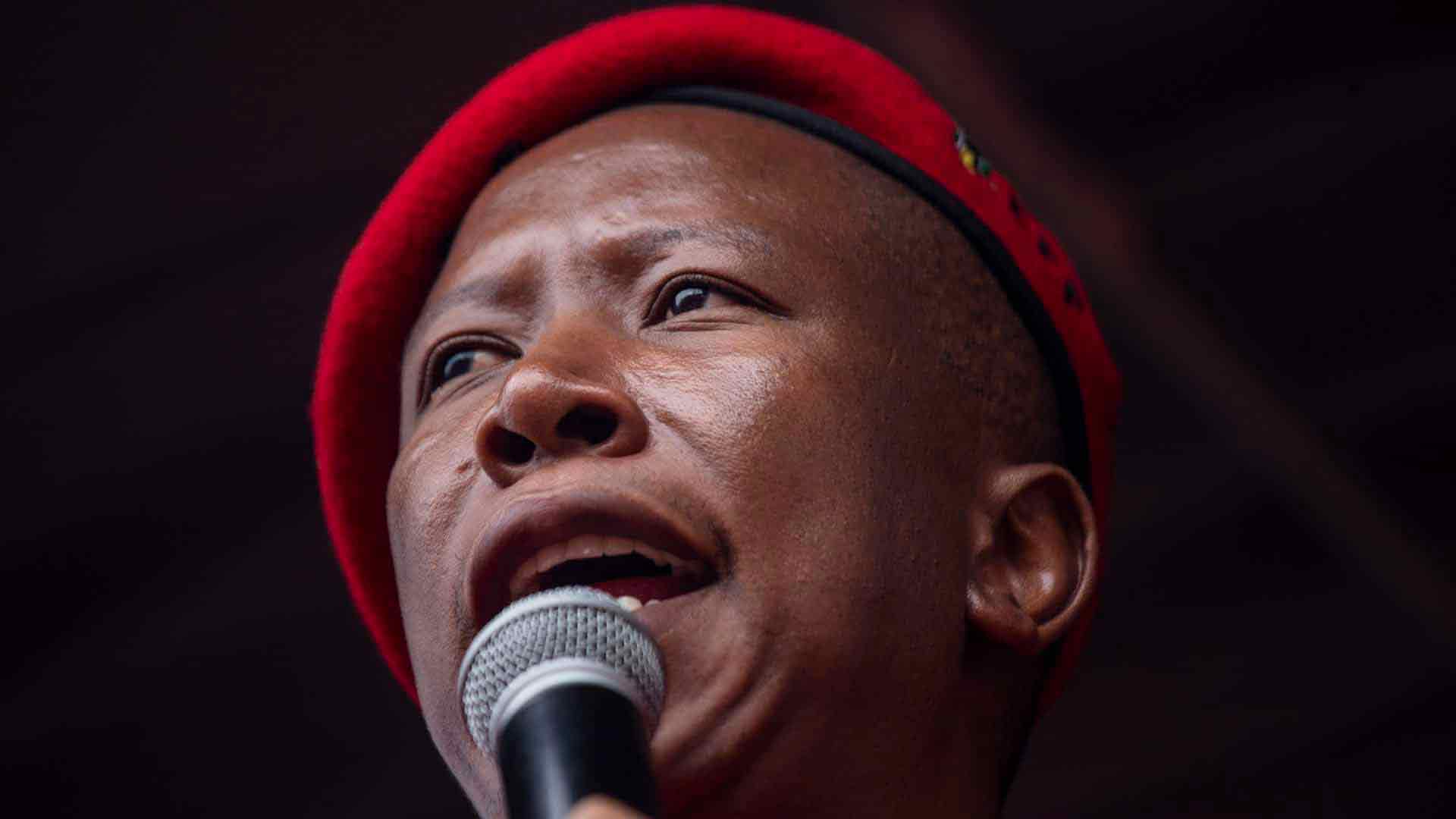- Leftist Malema could come back to haunt Domkrag
- Malema’s dream of Botswana’s opposition unity has matured
TEFO PHEAGE
If he went ahead with it, President Mokgweetsi Masisi’s parlayed consideration of lifting South Africa’s larger-than-life political firebrand and leader of the leftist Economic Freedom Fighters could come back to haunt him and the Botswana Democratic Party.
The review on Malema’s visa restriction to enter Botswana is part of Masisi’s reversal of former president – and now nemesis – Ian Khama’s crackdown on opponents.
Malema crossed swords with the then Ian Khama-led administration in 2011 when he called for a change of government in Botswana and said he would establish a “command team” to work towards a united opposition against Khama’s “puppet regime”.
Appearing on South African international broadcaster SABC News recently, Khama found himself squirming when asked why he had put Malema on a Visa restriction list. The irony was that he met the unwanted question on the international stage that he believes he can use to attack Masisi’s democratic credentials.
Malema leads a far left movement that is at odds with the BDP’s liberal ideology, prompting fears with the ruling party that lifting Malema’s Visa restriction could see South Africa’s chief trouble maker enter Botswana to harangue the BDP at the invitation of the opposition.
Malema has promised to speak on his ‘visit to Botswana’ and “a plot to remove the current Botswana government by some members of a powerful wealthy South African family next week Monday at the University of Fort Hare Sports Complex, Alice Campus”.
Approached for comment yesterday, BDP spokesperson Banks Kentse said his party had “not deliberated on the political ramifications of the lifting of Malema’s visa restrictions … as the matter is dealt with at government level”. Kentse added that the BDP was aware that Malema would address his party members on the matter next week.
“It’s a government decis ion and I do not believe it is subject to Malema’s views or political inclinations,” he continued. “There is a need that has been identified by the government to review some restrictions by the previous administrations on certain individuals and Malema is one of them. What he says should not in any way influence a decision on him in our view as we believe he has every right to express his views on anybody or institution as a politician.”
But as things stand, sources say the EFF leader could jeopardise the chances of his restriction being lifted by making tactless remarks about the Botswana Government and ruling party. Malema advocates for social equality and collective ownership of the means of production, which is anathema to the BDP. Malema’s policies are tailored to what people want to hear, often with very little regard for whether the policies are rational. His presence at UDC rallies could tip the scales at this year’s highly anticipated general elections.
“The ANC Youth League will also establish a Botswana command team, which will work towards uniting all oppositional forces in Botswana to oppose the puppet regime of Botswana, led by the Botswana Democratic Party,” Malema said in 2011. “The BDP is a footstool of imperialism, a security threat to Africa and always under constant puppetry (sic) of the United States.”
He continued to say after the “interaction” a coalition party might be formed because Botswana’s opposition was not strong enough to “topple that government through democratic means”. It is not known what Malema thinks of Botswana’s opposition now that his dream of opposition unity has partly been realised.
Malema is a staunch enemy of the ANC which is a political ally of the BDP in a relationship that observers see as anomalous. But the former Secretary General of the ANC, Gwede Mantashe, strongly defended his party then. “The ANC is not in a polygamous marriage with (the) BDP and (the) BNF,” he said. “We do not sleep in the same bed. I do not want colleagues from the BNF calling me every time I am here enquiring about my visit to (the) BDP. I also do not expect (the) BDP to do the same when we are visiting the BNF. The ANC has not dumped the BNF and replaced them with the BDP.”
Mantashe insisted that South Africa’s ruling party would always have bilateral relations with both the BDP and the BNF because the historical relations of the ANC with these two of Botswana’s political parties were different.




